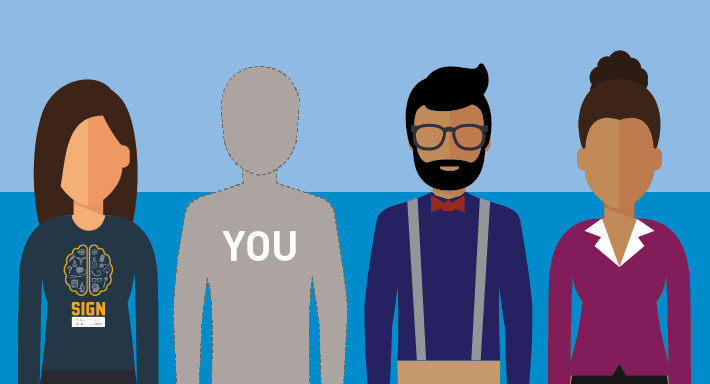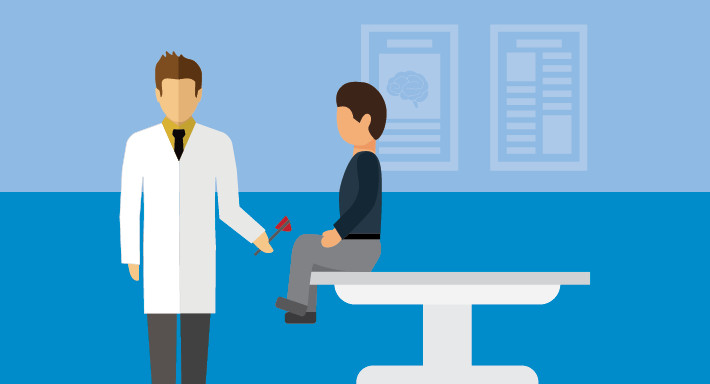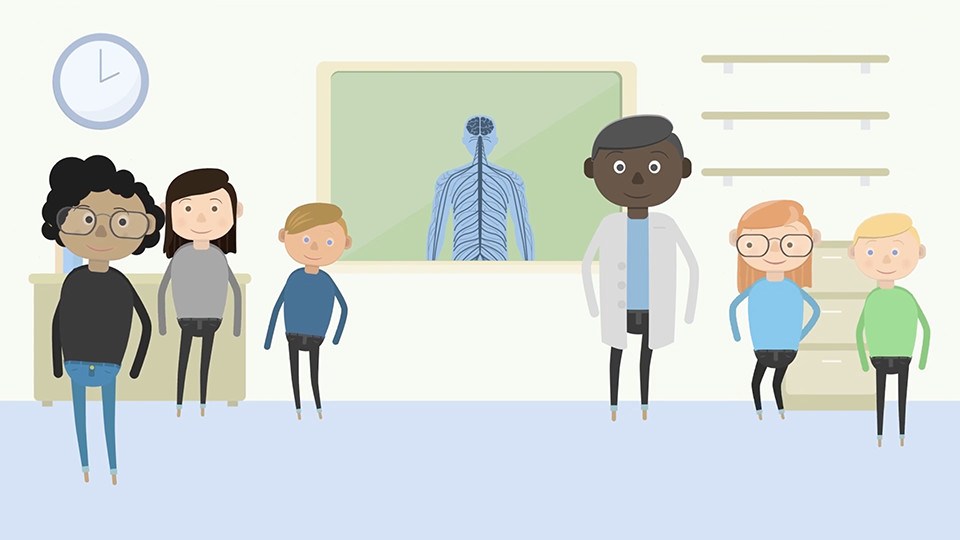A Neurologist Doctor is a medical physician who specializes in the intricate field of neurology. This specialization focuses on the diagnosis, treatment, and comprehensive management of disorders affecting the brain, spinal cord, peripheral nerves, and muscles. These vital components together form the nervous system. Neurologist doctors are equipped to handle a wide spectrum of neurological conditions, including debilitating diseases such as Alzheimer’s disease, amyotrophic lateral sclerosis (ALS), epilepsy, migraine, multiple sclerosis, Parkinson’s disease, and stroke, among many others.
For younger patients, a child neurologist, also known as a pediatric neurologist, provides specialized care. These experts focus on neurological disorders in children, from newborns to adolescents. While some conditions they manage overlap with those seen in adult neurology, such as epilepsy and migraines, they are also uniquely trained to address conditions specific to childhood, including neurogenetic disorders and developmental problems. Child neurologists are also adept at treating conditions like Tourette’s syndrome and stroke in children.
What Does a Neurologist Doctor Do? Key Responsibilities
Neurologist doctors play a crucial role in patient care through several key functions:
Diagnosis of Neurological Conditions
Neurologists are highly skilled in diagnosing complex neurological conditions. Their diagnostic process begins with a detailed patient history and a thorough physical examination. This neurological exam is critical, even with advancements in medical technology. It involves assessing mental status, vision, speech, strength, sensation, coordination, reflexes, and gait to pinpoint potential issues within the nervous system.
Neurological Tests and Assessments
To further aid in diagnosis, neurologist doctors utilize a range of specialized tests. These may include:
- Computed Tomography (CT) or Computer-Assisted Tomography (CAT) scans: These imaging techniques provide detailed cross-sectional images of the brain and spinal cord.
- Magnetic Resonance Imaging (MRI): MRI scans offer even more detailed images, particularly useful for soft tissues in the nervous system.
- Electroencephalography (EEG): EEG measures electrical activity in the brain, crucial for diagnosing epilepsy and other seizure disorders.
- Nerve Conduction Studies and Electromyography (NCS/EMG): These tests evaluate the electrical activity of nerves and muscles, helping diagnose nerve and muscle disorders.
- Lumbar Puncture (LP) for Cerebrospinal Fluid Analysis: Also known as a spinal tap, this procedure collects cerebrospinal fluid to diagnose infections, inflammation, and other conditions affecting the brain and spinal cord.
Medical Procedures Performed by Neurologists
While neurologist doctors are not surgeons, unlike neurosurgeons who perform surgical procedures, they do perform a range of medical procedures. Neurologists and neurosurgeons often collaborate closely in patient care.
General neurologists routinely perform procedures such as lumbar punctures and NCS/EMG tests. Neurologists with subspecialty training may also perform more specialized procedures, such as intraoperative brain and spine monitoring during surgery, autonomic nervous system testing, endovascular procedures like angiograms and aneurysm coiling, botulinum toxin injections for conditions like migraines and spasticity, and nerve or muscle biopsies.
 Circles with people graphics in them, earth behind them
Circles with people graphics in them, earth behind them
 Three people graphics, one wearing a SIGN shirt. Blank space for YOU
Three people graphics, one wearing a SIGN shirt. Blank space for YOU
 Doctor in white coat graphic holding reflex hammer, child sitting on exam table
Doctor in white coat graphic holding reflex hammer, child sitting on exam table
 Illustration: doctor in white coat, nervous system on board, kids learning
Illustration: doctor in white coat, nervous system on board, kids learning
SIGN and Neurology
For medical students interested in this dynamic field, the Student Interest Group in Neurology (SIGN) offers a valuable platform to learn more and connect with the neurology community.
